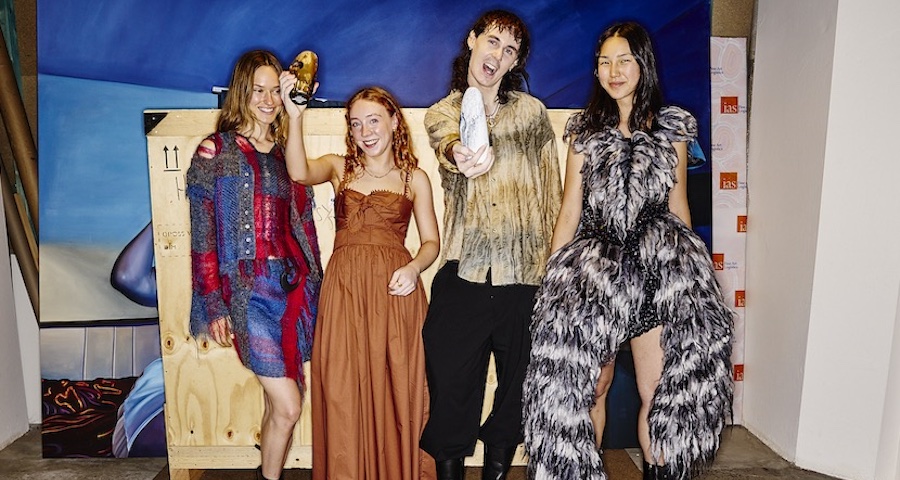Australian fashion brands fail to pay garment workers a living wage

- by Admin
- October 16, 2024

Almost all major Australian fashion brands are failing to pay garment workers a living wage, with school formal favourites Bec & Bridge and streetwear retailer General Pants Co scoring in the bottom 20 per cent of a new industry review.
The annual Baptist World Aid Ethical Fashion Report, released on Thursday, found 89 per cent of the 120 companies who earn more than $50 million in Australia (representing 460 brands) are not paying a fair wage at any stage of their supply chains.
Hasina, a garment worker from Bangladesh, told Baptist World Aid’s report she had been told to lie about working overtime at audits. Women form most of fashion’s labour force and experience disproportionately poor conditions.
Gina Snodgrass, one of the report’s authors, says the cost of living crisis is pushing consumers towards fast fashion labels, while brands cut back on their environmental, social and governance practices.
“We’ve reached this point where clothes are made really fast, but they’re not made to last, and as a result, consumers are purchasing four times the amount of clothing they did just two decades ago,” says Snodgrass.
Baptist World Aid sends out a survey covering five broad supply chain sections to score brands out of 100. It uses public information from slavery statements and annual reports for companies that don’t respond.
Loading
The average score was 31, an increase of just two per cent in two years since the last report in 2022.
Some brand owners have objected to the methodology of sustainability reports weighted towards the living wage, which can see international fast-fashion brands rank higher than smaller, homegrown companies doing their best to improve.
This year, Inditex, parent company of Zara, was the fourth-highest scoring brand, while H&M and Kmart scored in the top 20 per cent. All but one of the companies who scored in the bottom 20 per cent – including Jeanswest, Seafolly and shoe retailers Wittner and Nine West – did not respond to the survey.
The Latest News
-
December 22, 2024Zheng to skip United Cup, focus on Aussie Open
-
December 22, 20242024 runner-up Qinwen Zheng pulls out of Australian Open lead-in event
-
December 22, 2024Cricket Australia ‘disgraced’ by fans after ’embarrassing’ BBL visual; Sam Konstas flops before potential debut vs India
-
December 22, 2024‘I want to be out there’: Webster’s long wait for Test debut could be over with Marsh’s all-round capability clouded
-
December 22, 2024China’s Zheng to skip United Cup, needs ‘extra rest’ ahead of Australian Open





